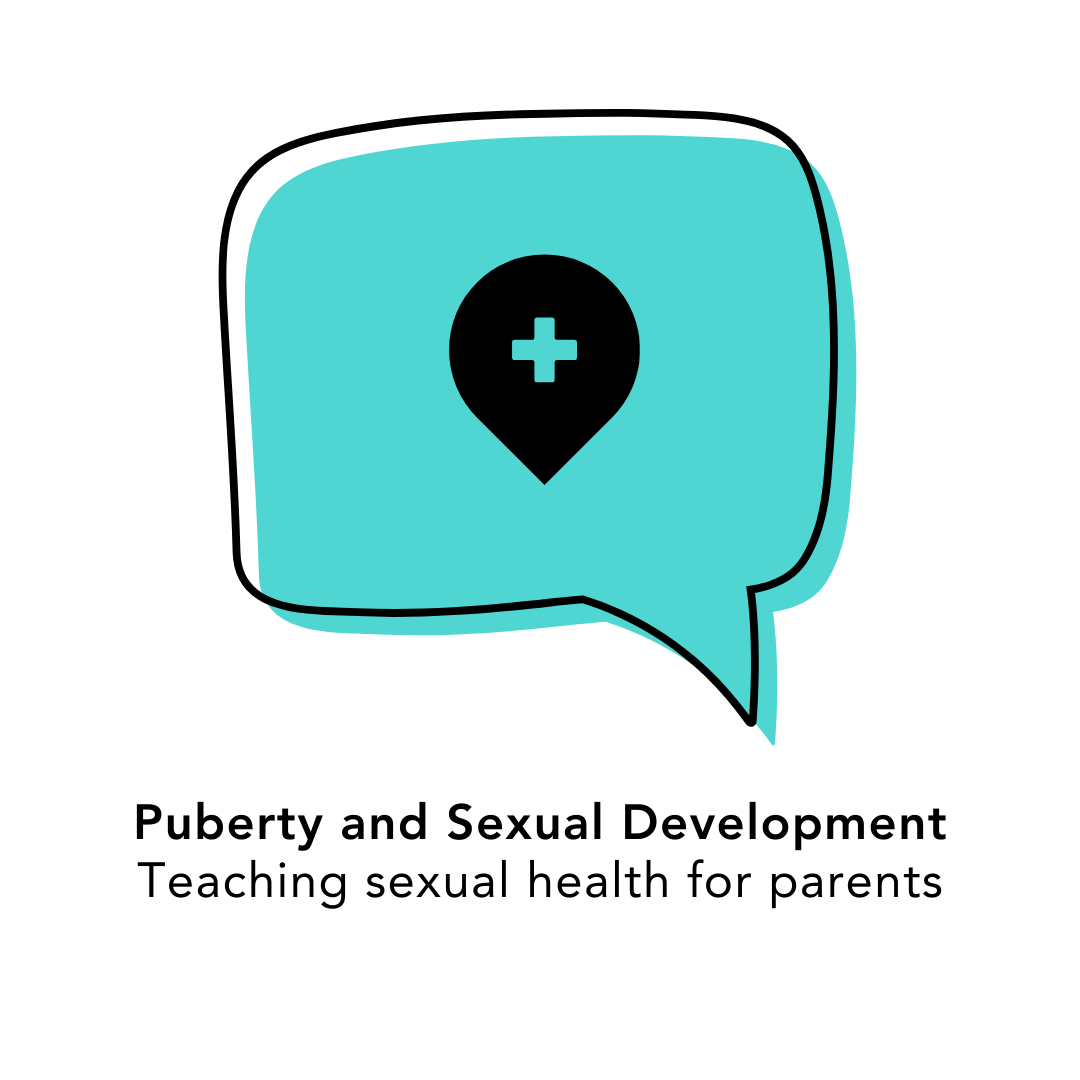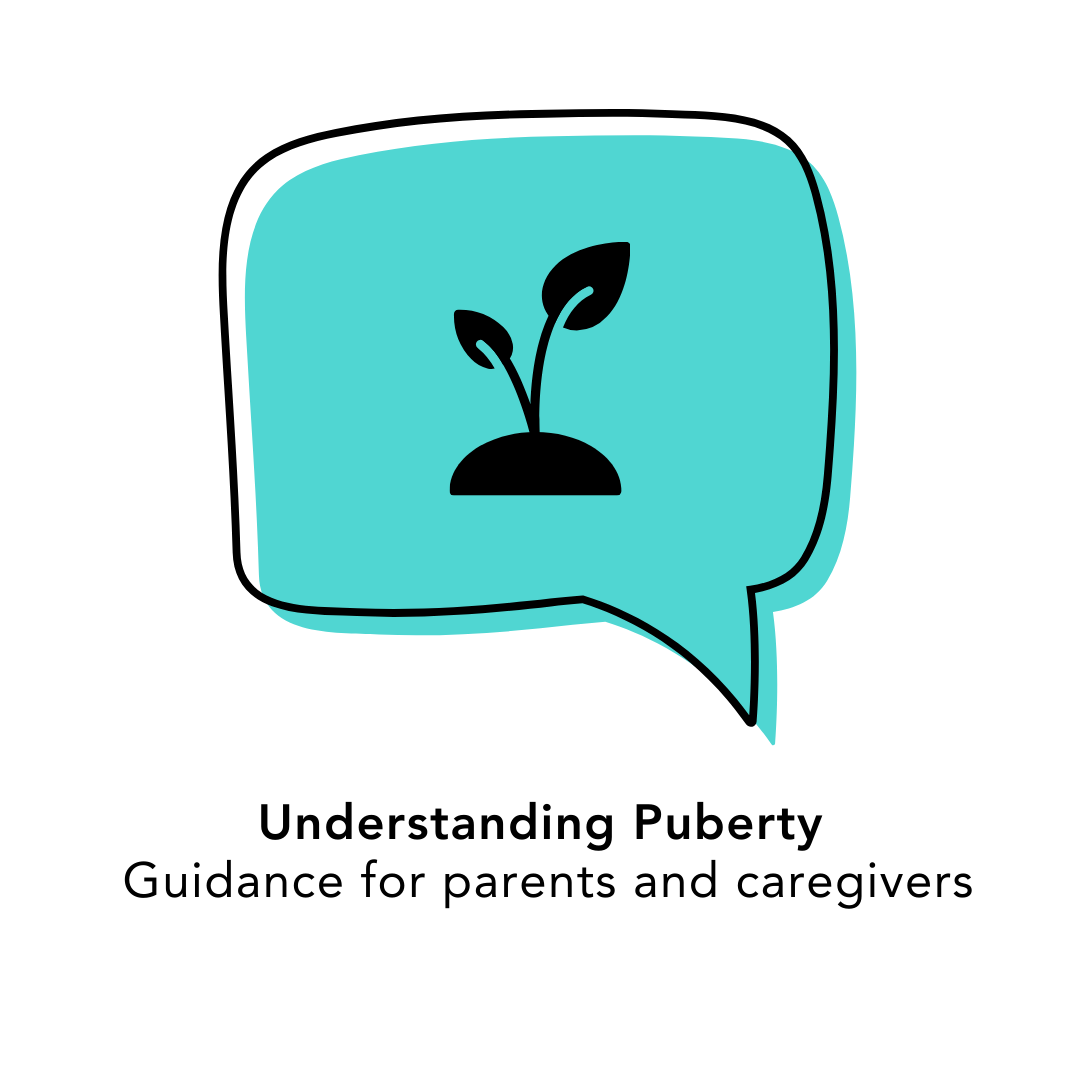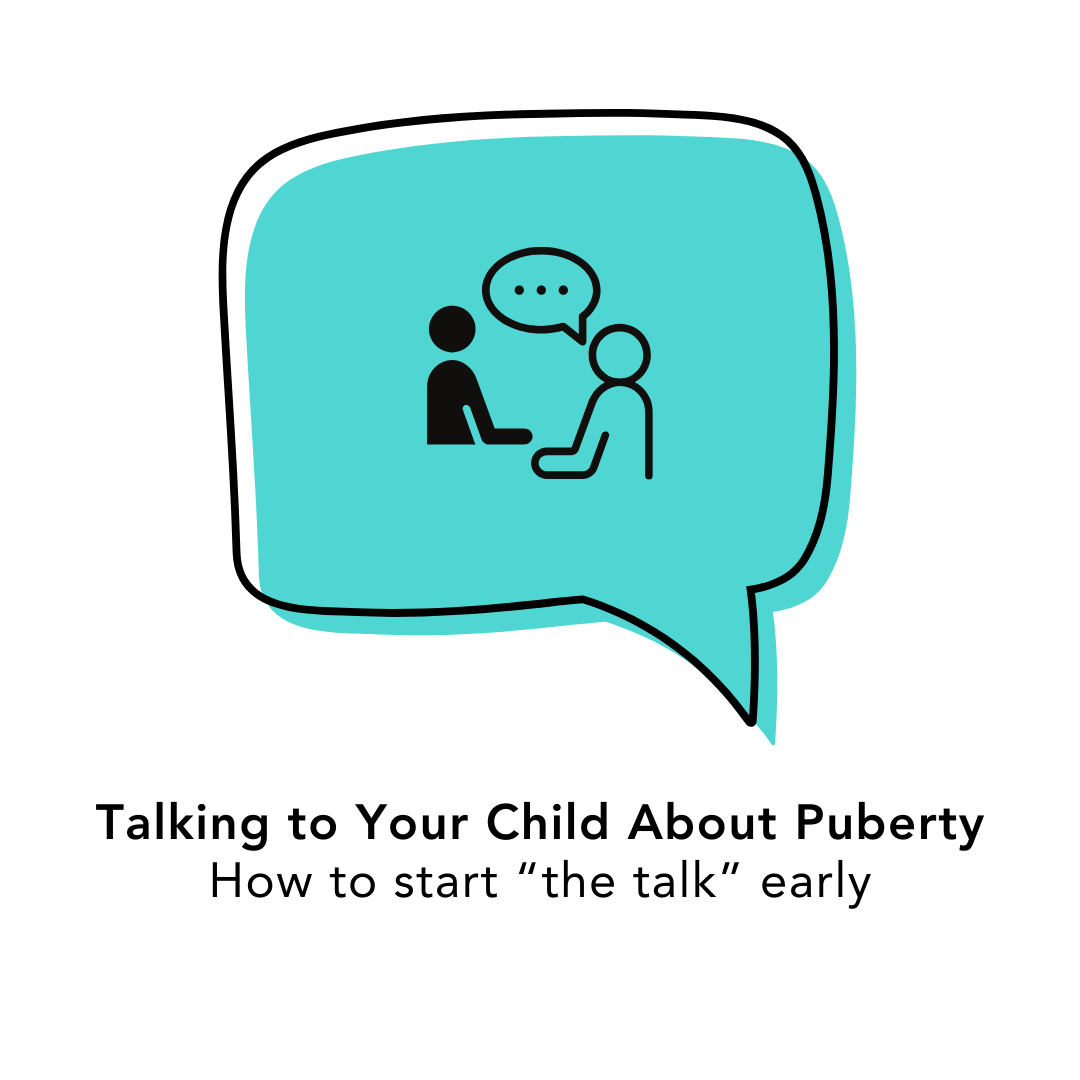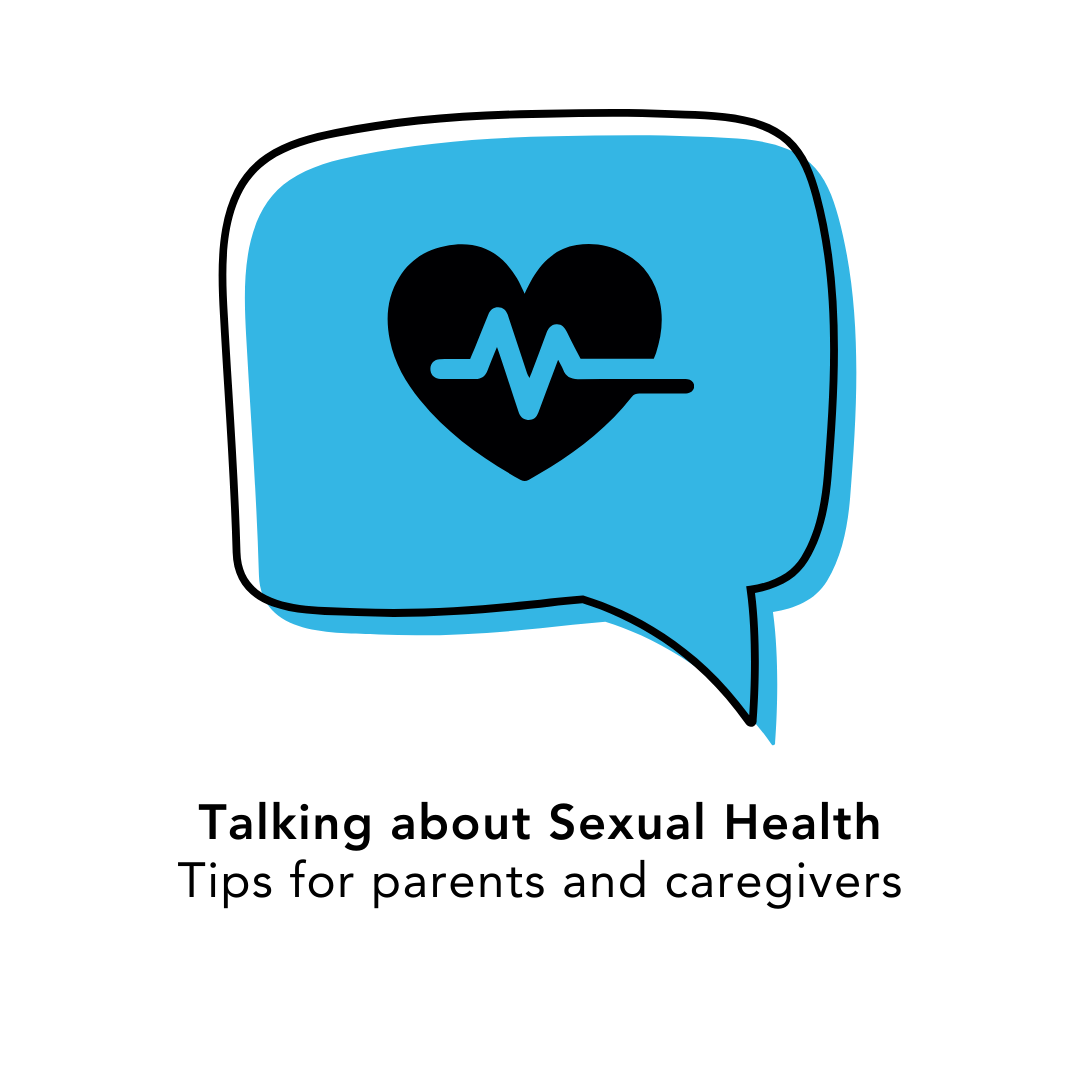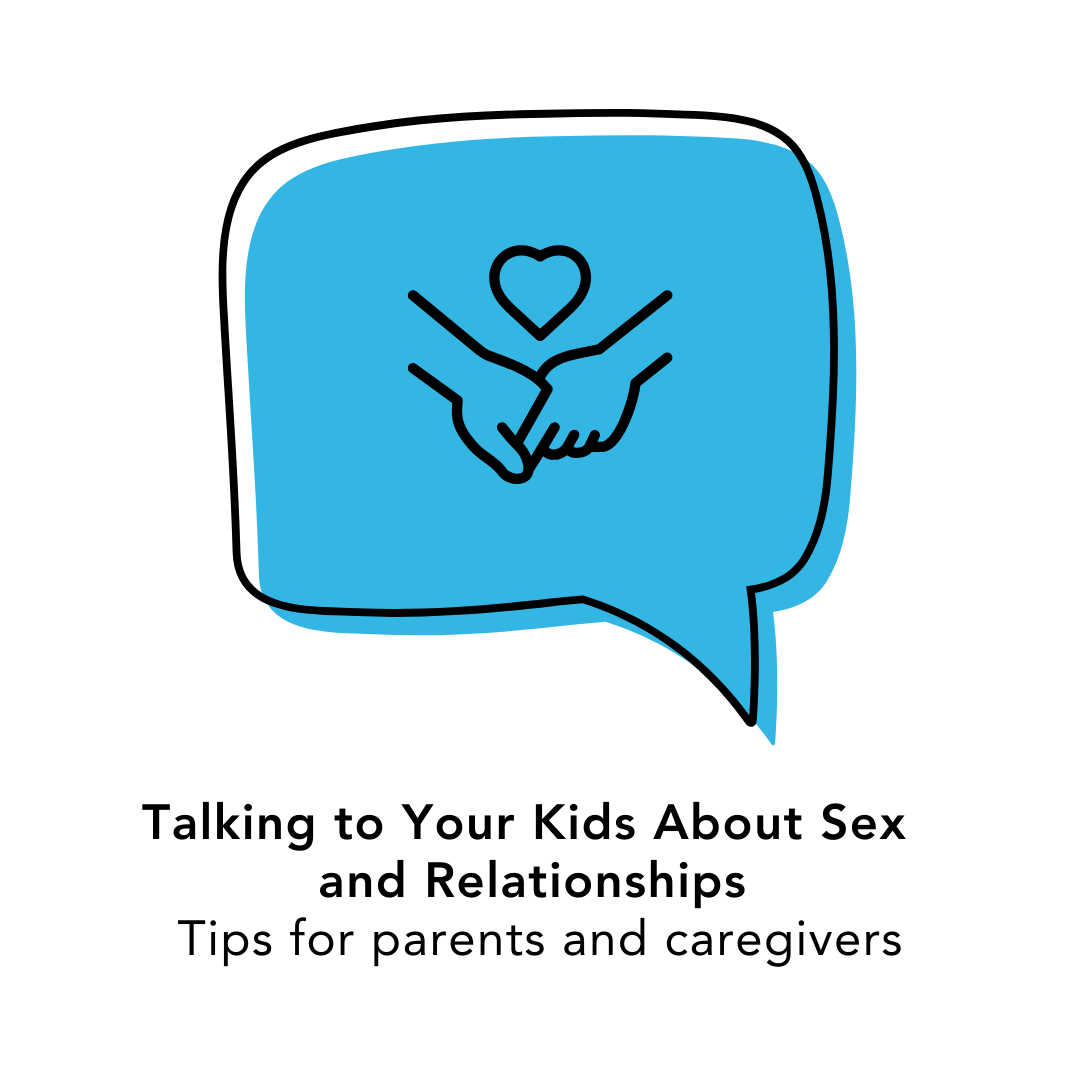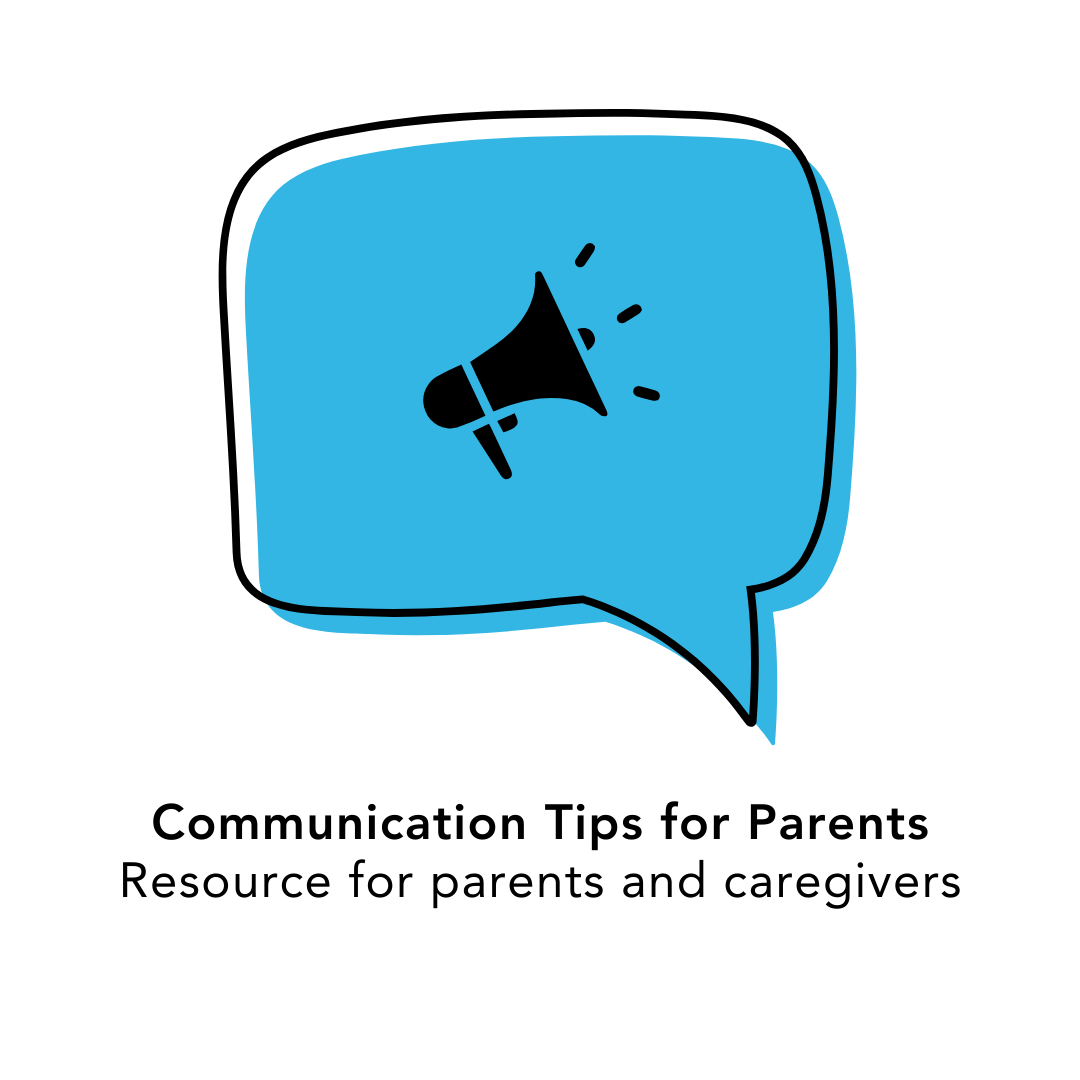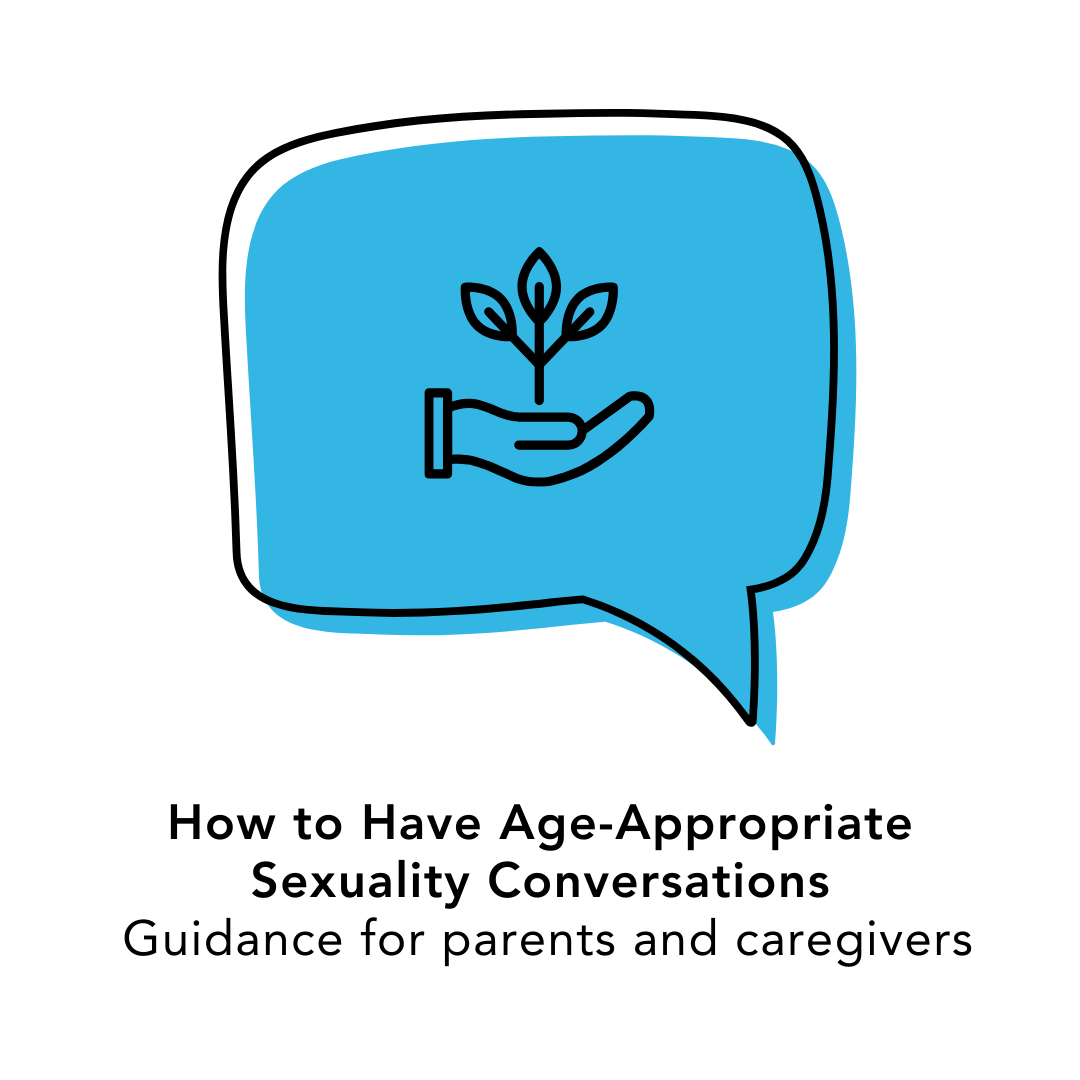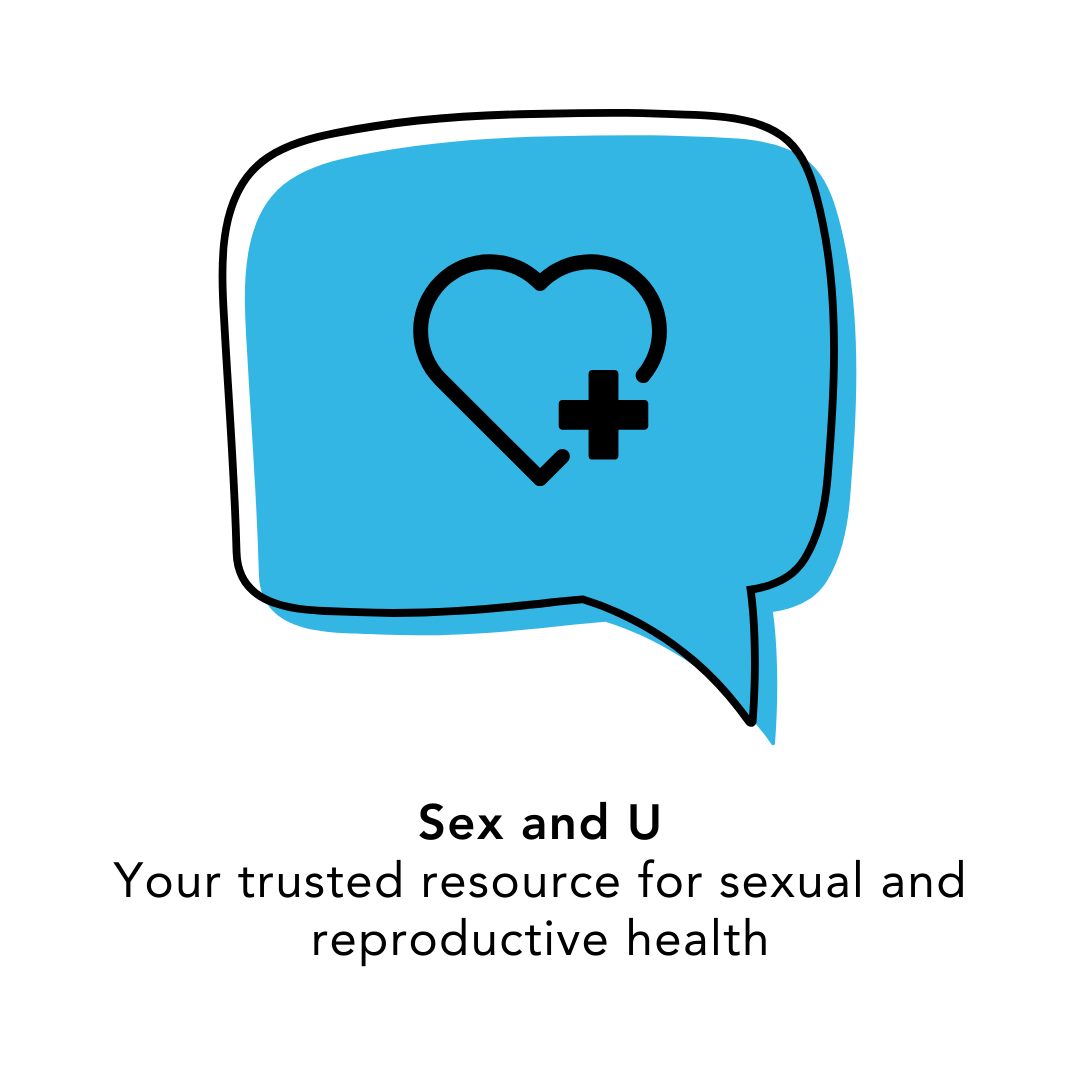Puberty
Puberty is the time when kids mature into young adults through physical, emotional and social changes. These changes usually happen between 8 and 18 years of age. Some kids go through puberty quickly, others more slowly. Overall, puberty can last for 2-5 years. Parents often wonder how to help their child through these changes. Giving your child the facts about their body and puberty will help reassure them that these changes are expected, healthy, and normal. It’s helpful for them to know about puberty changes before they happen. Knowing what to expect will help you talk to your child about their changing body and answer their questions.
Emotional and Social Changes During Puberty
The Physical Changes That Happen to Everyone
Sexual Health
Kids and teens who have regular conversations with their parents and caregivers about sex and relationships are less likely to take risks with their sexual health, and more likely make healthy, safe and informed decisions. It is never too early and it is never too late to start having these conversations with your child!
Here are some tips for having conversations about sexual health at any age:
- Start early and talk often. If you haven’t started the conversation with your child yet, it’s never too late to start. Just don’t try to “catch up” all at once as that can be overwhelming. Instead, have lots of little talks over time.
- Use proper terms for body parts and body functions. It can confuse children when some body parts have more than one name. Knowing the correct names for body parts can also promote positive body image, self-confidence, and parent-child communication.
- Use teachable moments to begin a talk. As issues come up in TV shows, movies, ads, music, the news and in the community, use this as an opportunity to start a conversation. For example, “On t.v. they were talking about non-consensual sexual activity. Do you know what that means?”
- Find out what they already know. Ask your child or teen what they know about a certain sexual health topic. This can allow you to correct any incorrect information.
- Talk about more than the facts. Facts are important but it is also important to talk about values, feelings and relationships.
- Give resources. Be sure your child or teen knows what resources they can use to get correct information.
- When your child asks you a question, do your best to answer it at the time. If you don’t know the answer, you can look it up on your own or together. Just don’t put it off as they might think that it’s not okay to talk about or that you aren’t a reliable source.
- Listen carefully. When your child does come to you with questions, listen carefully to what they are saying and make sure you understand what they’re asking.
